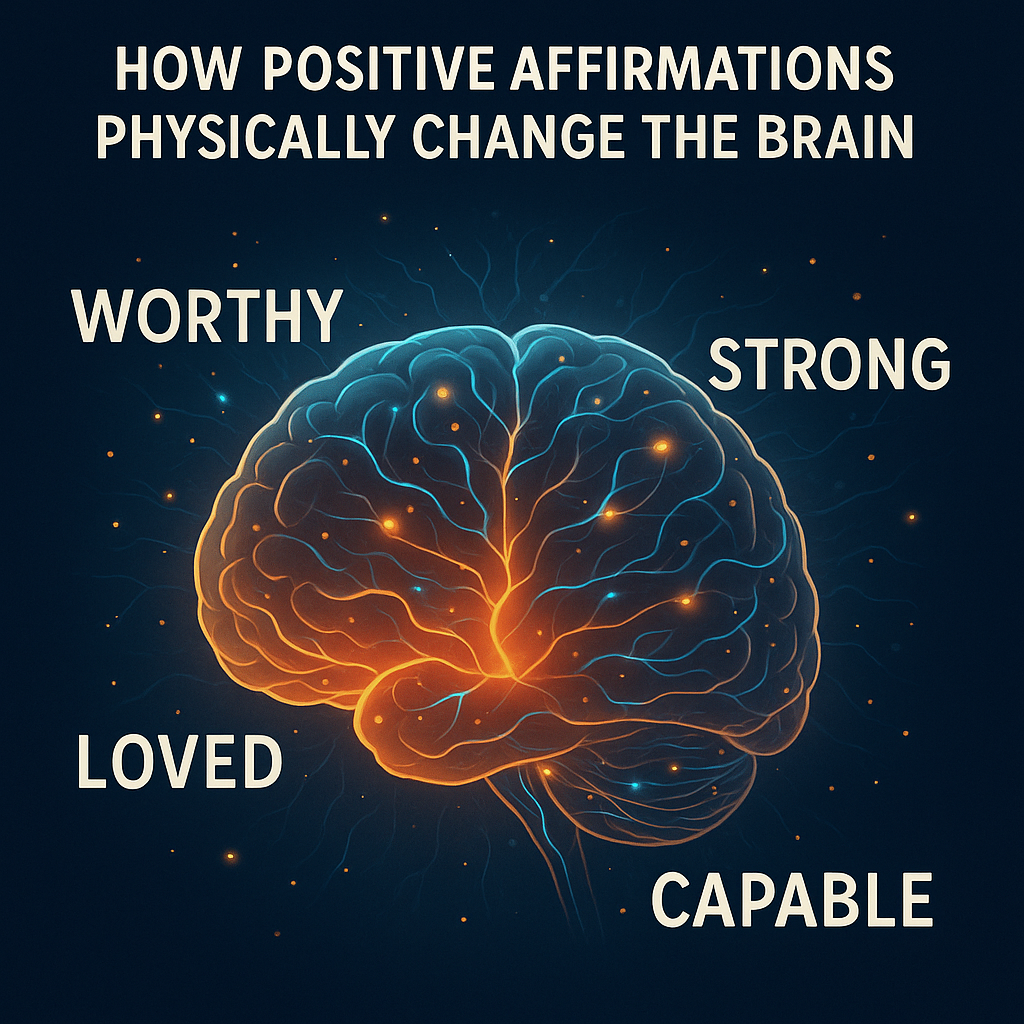What Neuroscience Reveals About the Language We Use

Introduction: Words Are More Than Communication
We often think of language as just a tool for communication. But recent neuroscience shows that words have a physiological and psychological impact on our brains. The language you hear, speak, and even think can influence your mood, decision-making, memory, and behavior.
Let’s explore the science behind how words impact the brain, and why the phrases you use every day matter more than you think.
1. Words Can Trigger Emotional and Physiological Responses
Words aren’t just heard—they’re felt. When someone says something harsh or uplifting, your brain responds as if it’s happening physically.
🔬 Scientific Insight:
According to a study at Case Western Reserve University, negative words activate the amygdala, the part of the brain responsible for fear and stress. This triggers a release of stress hormones like cortisol, which can impair logic, reasoning, and memory.
Conversely, positive words like “love,” “peace,” and “gratitude” stimulate the prefrontal cortex, which supports emotional regulation, motivation, and wellbeing.
2. Language Affects Memory and Learning
Ever notice how your ability to recall something depends on how it was worded? That’s because language shapes how memories are encoded and retrieved.
Studies show that students exposed to positive reinforcement language perform better academically, while exposure to discouraging or vague language reduces retention and motivation.
3. Self-Talk Rewires the Brain
The most influential voice in your life is your own. When you repeatedly say something to yourself—good or bad—it forms neural patterns in the brain.
This is the principle behind neuroplasticity—the brain’s ability to reorganize itself based on repeated experiences. If you constantly say, “I’m not good enough,” your brain wires that belief into habit. Say, “I’m improving every day,” and your brain starts to believe and reinforce it.
🔁 Your thoughts become your reality—because the brain is listening.
4. Words Shape Perception and Behavior
In linguistics, there’s a concept called the Sapir-Whorf hypothesis, which suggests that the structure of a language affects its speakers’ worldview.
Example: Some cultures don’t have separate words for “blue” and “green”—and brain scans show they literally see those colors differently. What you label becomes how you perceive reality.
So when you use empowering or limiting language, you’re filtering reality through that lens, impacting choices, habits, and emotions.
5. Positive Language Boosts Brain Health
Using optimistic language has been linked to:
- Lower stress levels
- Improved immune function
- Better sleep quality
- Stronger resilience during adversity
MRI studies show that people who practice gratitude and positive affirmations have thicker, more active regions in the medial prefrontal cortex, responsible for planning, empathy, and decision-making.
Practical Tips: Speak to Strengthen Your Brain
- Replace negative absolutes like “never” or “can’t” with neutral or hopeful alternatives.
- Use affirmations daily to reinforce growth and self-worth.
- Surround yourself with uplifting language—books, music, and conversations matter.
- Reframe challenges as opportunities to grow.
- Be mindful of labels—how you describe yourself or others shapes how you see and treat them.
Conclusion: The Words You Choose Create the Brain You Live In
Your brain is not a passive receiver of language—it’s a responsive, adaptable engine that listens, reacts, and rewires itself based on the words you use and hear every single day.
So next time you speak, especially to yourself, choose your words like your life depends on it—because scientifically, it kind of does.
